Many of us have our Facebook account linked to our phone number – for example for two-step verification, among other things. This verification is supposed to serve to increase the security of Facebook, but paradoxically it is precisely the phone numbers of Facebook users that are currently being sold through the Telegram communication platform. In addition to this news, today's summary will talk about improving the Clubhouse platform or blocking notifications from Google Chrome when sharing the screen.
It could be interest you
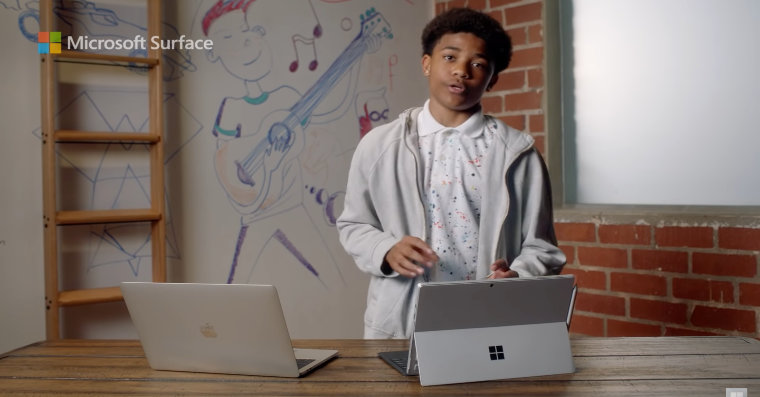
Leaked phone numbers of Facebook users
Motherboard has reported that there has been a massive leak of a large database of Facebook users' phone numbers. The attackers who gained access to the database are now selling the stolen phone numbers through a bot on the Telegram communication platform. Alon Gal, who revealed this fact, said that the operator of the bot owns, according to him, the data of 533 million users. The perpetrators got hold of the phone numbers due to a vulnerability that was fixed in 2019. If someone is interested in getting the phone number of a selected person, all they have to do is write the ID of a specific Facebook profile to the bot. Of course, the service is not free - to unlock access to the required information, the applicant must pay twenty dollars. Payment takes place in the form of credits, with the user paying five thousand dollars for 10 credits. According to available information, the mentioned bot has been in operation since January 12 of this year.
Clubhouse and direct payment testing
In the last few days, a new community application called Clubhouse has been widely discussed on the Internet. The platform, which is currently only available for iPhone, operates on the principle of voice chat in themed rooms, and membership is by invitation. The founders of the Clubhouse platform, Paul Davidson and Rohane Seth, announced late last week that they have started working on a number of next steps, such as the development of the Clubhouse app for Android smart devices. In addition, there are plans to introduce new features related to accessibility and localization, and the plan is to continue investing in technology and infrastructure. The creators want to increase the reach of Clubhouse while ensuring that it continues to be a safe platform. In connection with the further development of Clubhouse, according to its creators, the direct payments function is also being tested, which should arrive in the application in the course of the next few months. It will be possible to use direct payments for the purposes of subscription or perhaps support of popular creators. Focusing on increasing the security of the application is very important, especially due to the rapidly growing user base, in addition, the creators of the platform also want to prevent hate speech in the application environment. In the case of voice chat, content control is a little more difficult than in the case of sharing text, links and photos - let's be surprised how the creators of Clubhouse will deal with this problem in the end.
Block notifications when sharing the screen
Along with the fact that many people have moved their work and studies to the environment of their homes, the frequency of using various applications, tools and platforms for virtual remote communication has also increased - whether with colleagues, with superiors, classmates or even with family . During video calls, users also often share the content of their computer screen with other callers, and if they have activated notifications from their favorite websites, it can often happen that these notifications disturb the aforementioned shared screen content. However, Google has decided to make life and work much more pleasant for users in this regard, and to completely block all notifications from the Google Chrome web browser during the sharing of screen content. Automatic blocking occurs when Google Chrome detects that screen sharing has started. The update is gradually rolling out to all users worldwide, but it is possible to manually activate it now. The function is very simple - in short, in the case of screen sharing, all notifications from Google Chrome and Google Chat will be hidden. In the past, Google already blocked the display of notifications in case of sharing the content of the web browser tab during a video call within the Google Meet service. The mentioned function of blocking notifications from the Google Chrome browser will be automatically available to all users of the GSuite package services, and its final extension should occur in the course of the next three days. If you want to activate the feature manually, you can do so by clicking on this link, where you can also activate a number of other (not only) experimental functions for the Google Chrome browser.
It could be interest you

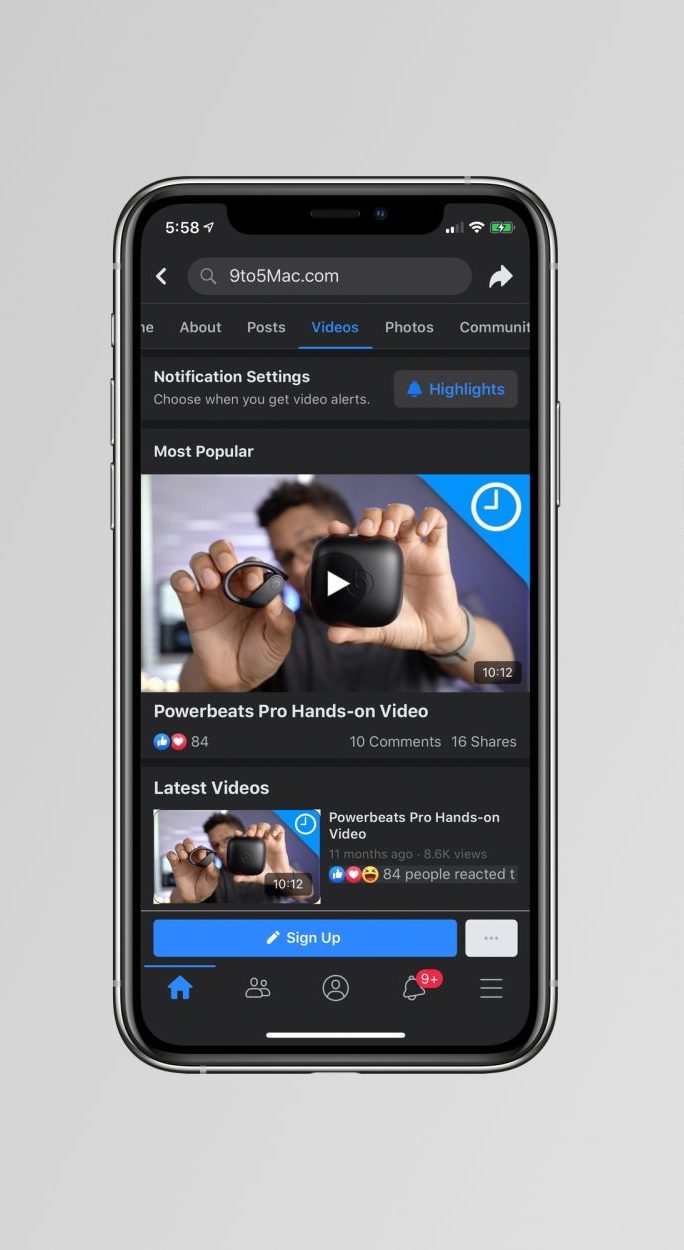
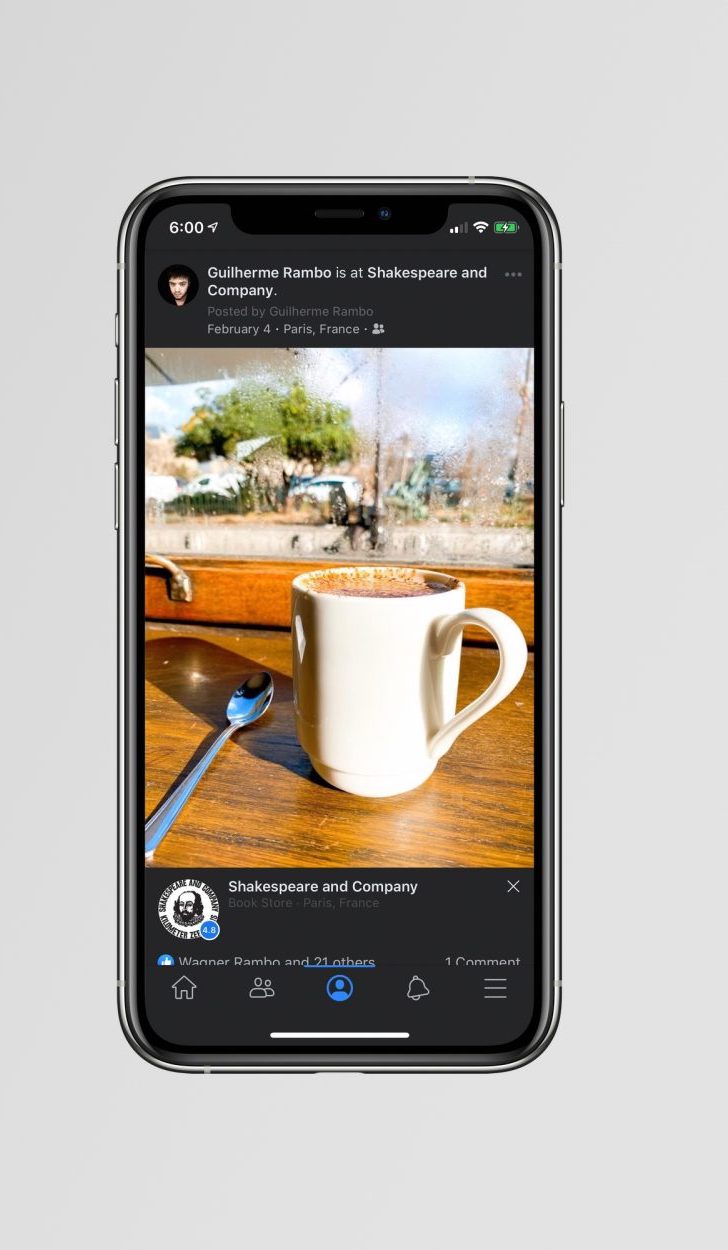


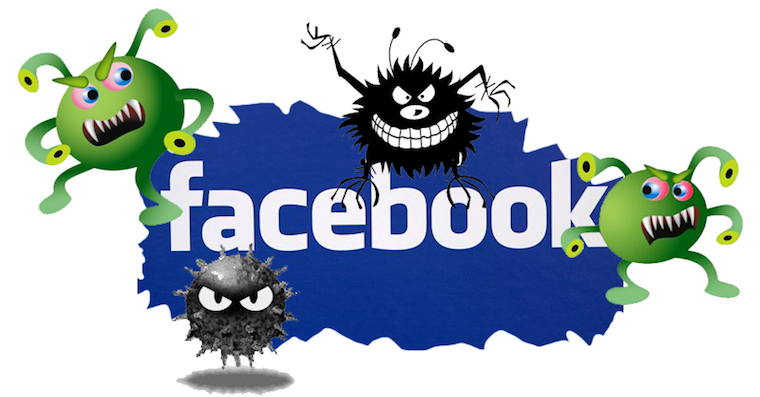

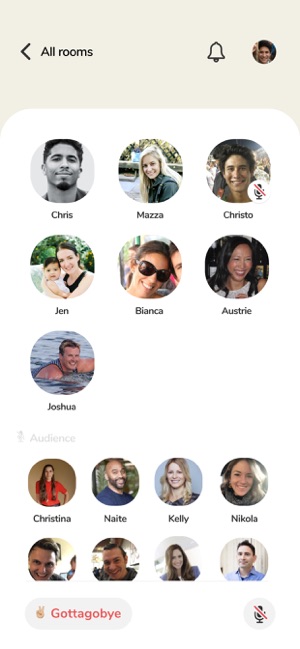
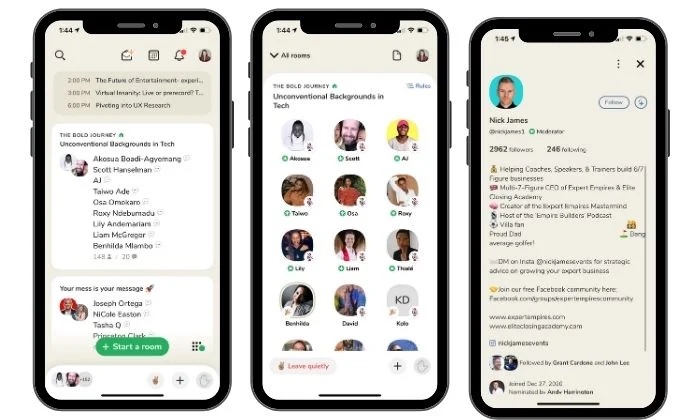
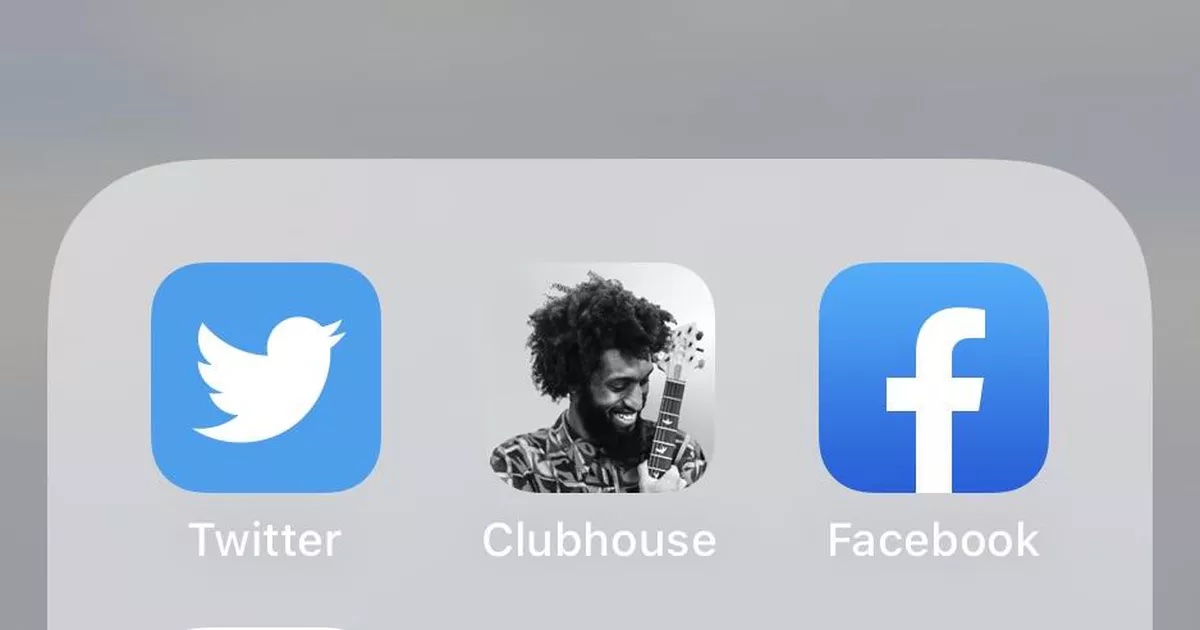
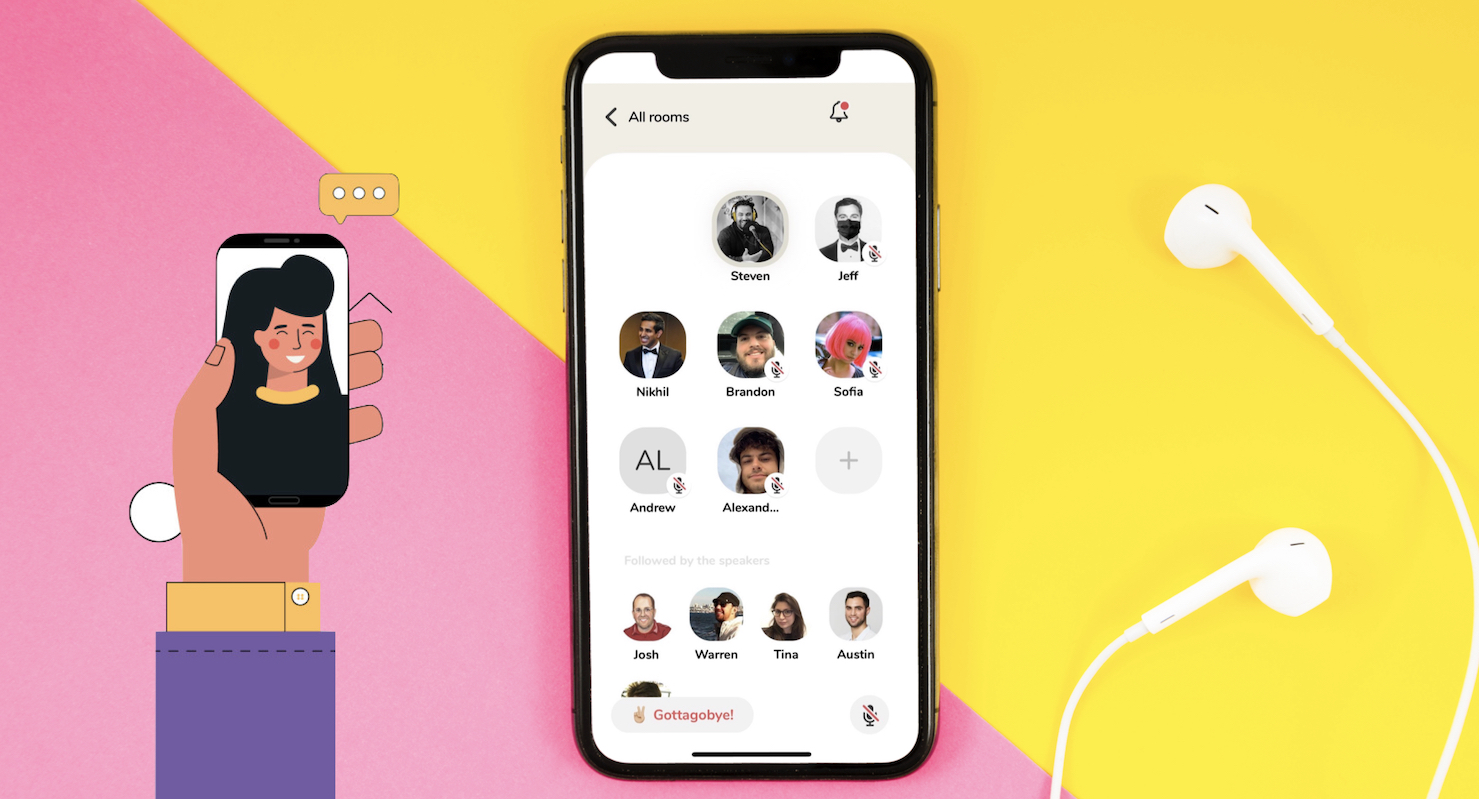
If the creators wanted to increase the reach of the Clubhouse, then just cancel the invitations and let people in there. That's certainly not what he's after now. It's just a matter of getting the most out of it. And they are quite successful. The network is definitely interesting now...interesting people, interviews from which no one has anything yet are the best (they are not conditioned by the vision of profit...the content for each, especially if the money is usually worth shit). When they open it up to everyone and charge a fee, it will become a classic like fb or Instagram